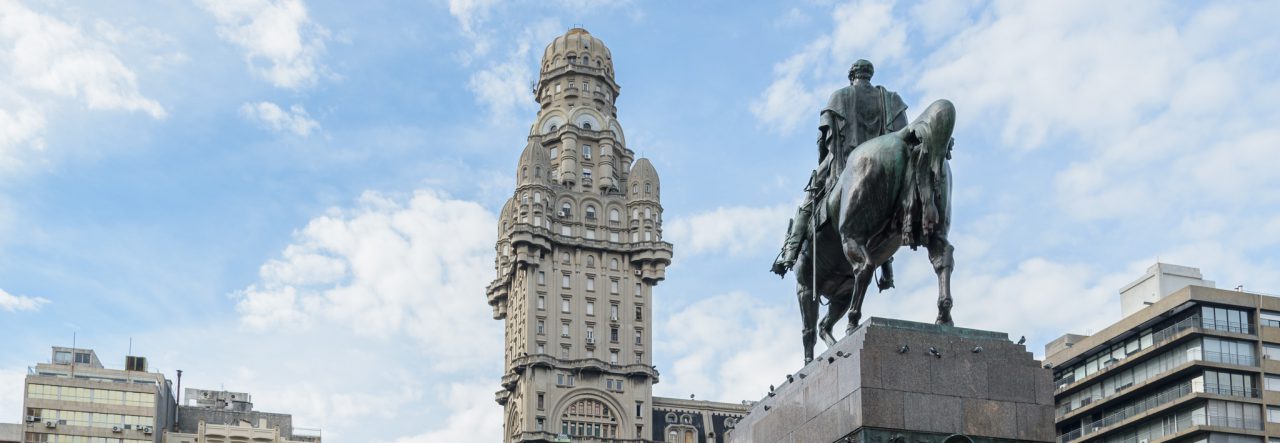The president of Uruguay’s state-owned energy company says “we cannot lose more time”
Uruguay’s state-owned energy company, UTE, has decided to begin construction on a new combined cycle thermal power plant in Punta del Tigre before the end of the year. The project has been delayed by accusations of impropriety arising from the multimillion dollar competitive bidding process. The project is considered “strategic” for UTE to achieve Uruguay’s goal of energy sovereignty by 2014.
The head of the organization, Gonzalo Casaravilla, told El Observador that UTE has decided to sign a construction contract with a private company no later than November. “We cannot lose more time. That much is clear” he said.
Mr. Casaravilla said that if there is any trouble signing a contract with the firm that won the competitive bidding process (the Argentinean company Electroingeniería) or getting it approved by the Tribunal de Cuentas, Electroingenieria will automatically be replaced by the company with the second lowest bid, in this case the Korean company Hyundai. However, they would too would have to be approved.
Mr. Casaravilla told El Observador that it is “natural” for questions to arise about the bidding process since it is a multi-million dollar project. In fact, it is the biggest infrastructure project UTE has contracted out to a private company, but Mr.Casaravilla added that UTE would not let these questions continue to delay construction.
When UTE finally signs a contract with a private construction firm, UTE will have to immediately pay $100 million USD to the construction firm to begin the infrastructure project.
Electroingeniería’s bid was 3.4% lower than Hyundai’s bid for the project which was the second best overall. The Argentinean company proposed charging $531 million dollars for construction and $15 million dollars for continued maintenance. Hyundai bid $529 million for construction but wanted $28 million for maintenance.
UTE will require whoever builds the plant to have the first of the three turbines built within 18 months of starting construction. The plant is scheduled to begin contributing to Uruguay’s grid by the winter of 2014. The second turbine should be completed by the end of 2014 and the third turbine before the end of 2015.
The director of the Eling Group (which includes Electroingeniera among other firms), Carlos Bergolio responded to allegations the company paid bribes for contracts in Argentina by saying “accusations are free” and that all of the allegations that have fallen on the company were dismissed by the justice system. “We have never been on trial”, he said.
This Uruguay Business Reports news article is a translation of a news story that appeared in the Uruguayan newspaper El Observador. The original news story is available here. Uruguay business translation by Donovan Carberry.


 later, the Argentinean delegates in CARP put sticks in the wheel by requiring bureaucratic steps causing a new set of delays.
later, the Argentinean delegates in CARP put sticks in the wheel by requiring bureaucratic steps causing a new set of delays.